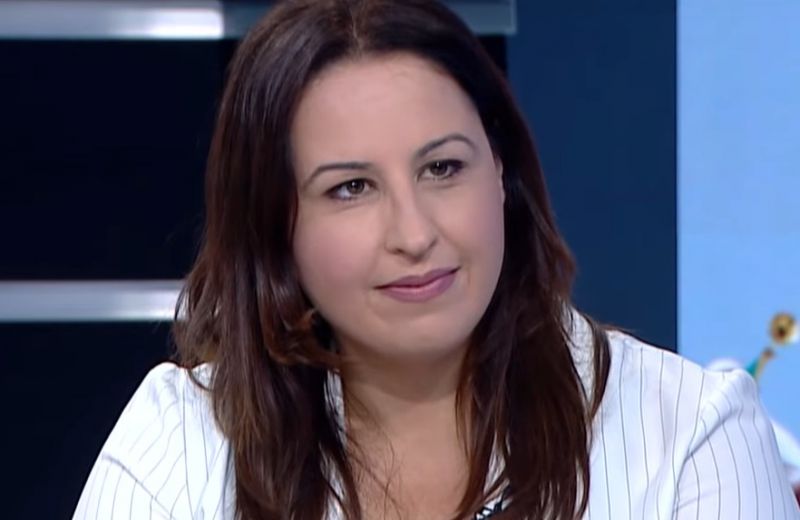 Op-eds
/ Israel and the Middle East
Op-eds
/ Israel and the Middle East
It was a dramatic moment when the Israeli Judoka, Timna Nelson-Levy, won the gold medal in the Agadir Grand Prix in Morocco. Timna ascended the podium proudly, with the flag of Israel flying and the Israeli anthem blaring in the stadium. It was a familiar practice in international sports competitions, but this time it was of special importance. The playing of the Israeli anthem in Morocco, a Muslim country and a member of the Arab League, indicates Morocco’s uniqueness in the Arab and Muslim world and its ability to portray official Israeli national symbols such as the anthem and the flag.
Morocco is moving between its commitment to the Arab official position, which opposes open ties with Israel, and its desire to strengthen its standing in the international community, which calls for occasional official contact with Israel. The connection between Moroccan Jews in Israel and the Jewish community in Morocco is at the core of the Israeli-Moroccan relations. In the 1990s, liaison offices were opened in Rabat and Tel Aviv, but since the failure of the Camp David summit and the outbreak of the second intifada in 2000, they have not maintained official diplomatic relations.
Official interaction with Israel provokes criticism in Morocco and other Arab countries and may harm the standing of the kingdom in the Arab world. Anti-normalization movements in Morocco are at the forefront of the opposition to Israeli-Moroccan ties, while the protracted Israeli-Palestinian conflict is in the background. The stalemate in the peace process does not allow both countries to realize the full potential of their relations.
However, there is a limited number of collaborations that can be carried out without infringing on Morocco’s ability to portray official Israeli symbols. This is the result of the routinizing effect; that is, making the Israeli-Moroccan connection become a routine. This is possible thanks to the consistent movement of official and unofficial delegations, including tourists, between Israel and Morocco, allowing for the maintenance of bilateral ties in areas such as health, education, communications, culture, and parliamentary diplomacy. The two countries also sometimes work together in different international forums.
The widening coverage of the delegations in the media and social networks in Morocco and Israel is also contributing to the routinizing effect. The Moroccan media expresses great interest in the delegations that visit Israel and follows them closely. The coverage, even if not always positive, encourages open and courageous dialogue in Morocco on issues related to its ties with Israel and Israel’s relations with the Arab and Muslim world.
The routinizing effect is particularly evident in sports, especially in relation to Judo. For example, in May 2015, Israel’s Judo team was detained at the Moroccan airport for hours before being allowed to enter the country to compete. In November 2017, Israel’s Judo team landed in Marrakesh to compete in the World Championship, despite the fact that a few days earlier Morocco announced that it would not allow the team’s arrival. In both cases, Israeli participation was made possible due to the intervention of World Association President Marius Vizer. In 2017, Morocco even allowed Judoka Ori Sasson to wear the Israeli symbol, while a month earlier he was denied the ability to wear it in a competition in Abu Dhabi.
The result, as was manifested in the Judo contest in Agadir, is that the Moroccan public is not as sensitive as it used to be about delegations visiting Morocco or Israel. The routinizing effect manages to stretch the boundaries of cooperation step by step. An Israeli national anthem that is publicly played in Morocco is not something that Moroccans or Israelis are accustomed to; this is a positive development. Morocco, for its part, chooses to be part of the international community and to pay the price of its ties with Israel in return. However, Israel-Morocco relations still have great potential to develop, and its realization depends on advancing the Israeli-Palestinian peace process.
Einat Levi is a member of a task-team at the Mitvim Institute, which explores Israel’s relations with key Arab countries.


